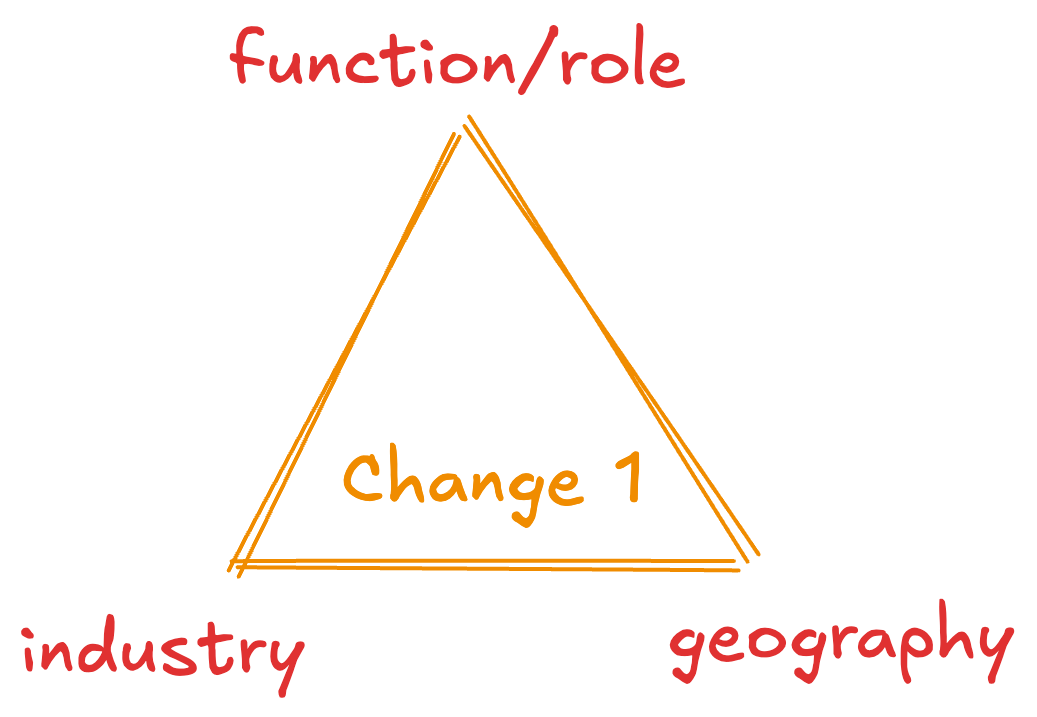Meetup Parameters
This is based on organising GenerativeAI Meetups in Bengaluru, India. This is a living document and will be updated as we learn more.
Venue
- Date & Time & Duration: Choose suitable timing and duration. Pick something that works for your community. Consider weekday and weekend meetups both.
- Example: 4:00-5.00pm start on a Saturday works great in BLR! Chennai did a GenAI meetup on Saturday morning -- since that city wakes up early, it worked well for them.
- Camera: Consider the requirements for A/V if planning to do talks, streaming, or recording? Who is going to record? What kind of camera do we need? GenerativeAI outsources this to Hasgeek. Camera set-up for meetups is reduced to iPhone capture, with a Pivo Pod and tripod.
- Format: Define the structure of the meetup - is it just for drinks? Will there be talks? Is food provided? Is it open or by invitation only? Are plus ones allowed? Examples: GenerativeAI has never served alcohol, we often have 1-3 talks with snacks and is open by invitation only. We also have a Code of Conduct that we share with attendees.
- Speakers: If there will be talks, secure 1-3 speakers in advance. It's also fine to have a meetup with no speakers.
- Security: Keep in mind some venues might require pre-registration for security. Different venues enforce security with varying degrees of strictness. Some venues didn't allow anyone without registration, while the other venues allowed folks we didn't want to attend to enter. Discuss this upfront with your venue's security incharge.
Theme
- Select a theme. This is crucial as it shapes the shared identity of all attendees and influences the discussions they initiate with strangers
- Narrower themes are better than wider ones e.g. "DevTools" is better than "Enterprise tools for Devs"
- Choose a catchy name to attract more attendees -- your naming is the most important branding
- There are icebreaker lists on the Internet which you can use for more intimate meetings
- Name tags: I've tried to enforce these, but failed at the GenerativeAI Meetups -- they're great! I've seen them work well at other meetups.
Photo and Video Documentation
- Encourage attendees to take photos, tag you, or send them to you for sharing on social media
- Consider recording the talks and posting them on YouTube afterwards to provide value to the community and allow great talks to live on. We use Hasgeek for this.
- Note that live-streaming is not a must, but if done, it can add an extra layer of engagement for those who can't attend in person.

